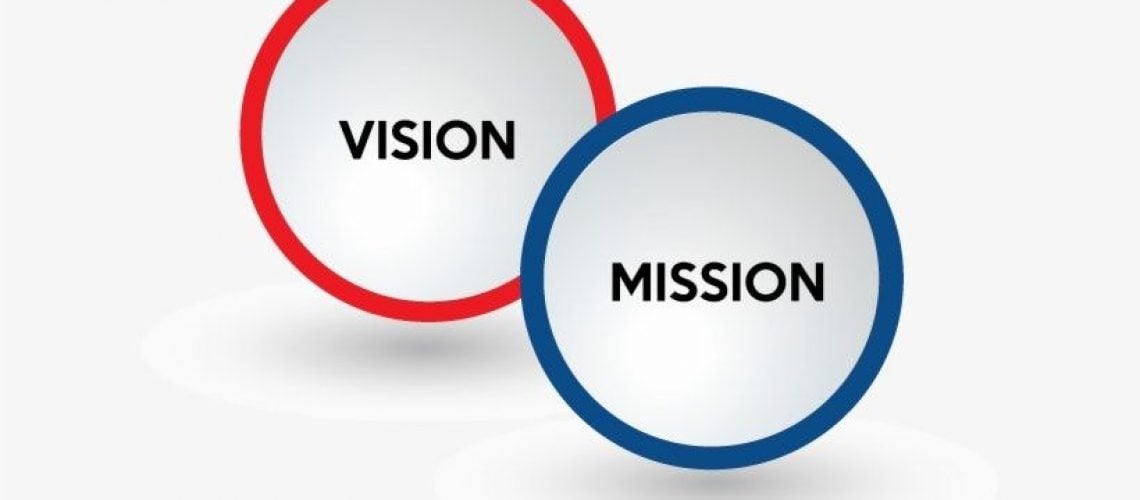One of the first demonstrated actions of any network and affinity group is mission development, or identity definition. There are clear steps towards developing an effective, clear, attainable mission. Begin with defining your story, both the company’s and the group’s. That story should create a sense of urgency and consist of the history of your constituency at the company.
Positive stories—like executive representation and involvement, employee impact, community involvement, and targeted marketing—generate pride. Negative stories—like a lack of representation at the executive level, community missteps, negative reputation, or difficulty recruiting and/or retaining employees—highlight the need for change. After defining the group’s story, begin to define and analyze the business.
Ask questions like:
- Who is the company trying to reach? Market to? Employ? Retain?
- Where do group members think the missed opportunities are?
- Given these market and business realities, how can we engage as problem-solvers and resources?
What could we provide that is critical to the business? Short-term? Long-term? What unique, transformational role can we play? Once these questions have answers, turn the focus inward. Evaluate the strengths, weaknesses, opportunities, and threats to the group’s success. Brainstorm stakeholders and possible activities. Finally, determine a vision and mission statement with all of the above in mind.
Examples of Purpose Statements:
- The Latino Resource Group helps improve the company’s marketing efforts aimed at the fast-growing Latino population in the US, aids recruitment and retention of Latinos, promotes cultural awareness, and provides opportunities for personal and career development.”
- “The Women’s Leadership Network seeks to make a difference for the company by researching and recommending solutions to issues affecting women; raising the visibility of women; providing opportunities for women to develop leadership skills and broaden their network; and reaching out to women, students and teens in our community.”
- “People Like Us (PLUS) serves as a network and a resource for gay, lesbian, bisexual and transgender (GLBT) employees, fosters general awareness of the comGLBT employees and their contributions, and serves as an advisor to Human Resources and Management.”
- “To provide information on the needs of the disabled for internal and external customers, and supporting mobility motoring in the United States and Europe to create the vehicle of choice for customers with disabilities.”
- “Assisting the company in becoming a worldwide leader in promoting religious tolerance, corporate integrity, and human dignity by helping increase and maintain religious diversity; attract, develop and retain talented employees of faith; and be more aware of religious consumers’ and investors’ needs.”
